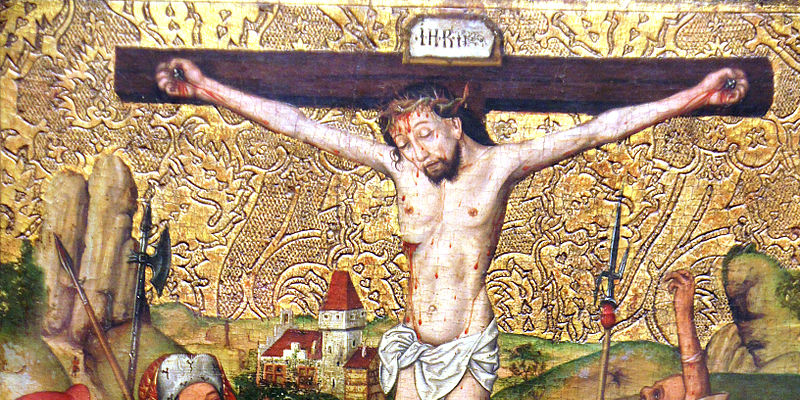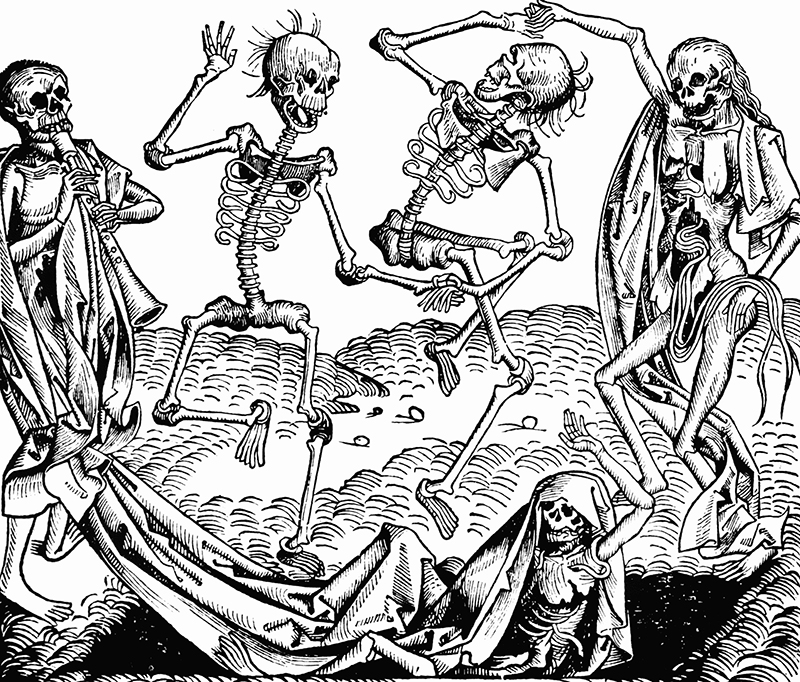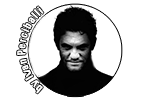

Michael Wolgemut (formerly spelt Wohlgemuth; 1434 – 30 November 1519) was a German painter and printmaker, who ran a workshop in Nuremberg. He is best known as having taught the young Albrecht Dürer.
The importance of Wolgemut as an artist rests not only on his own individual works, but also on the fact that he was the head of a large workshop, in which many different branches of the fine arts were carried on by a great number of pupil-assistants, including Albrecht Dürer, who completed an apprenticeship with him between 1486 and 1489. In his atelier large altar-pieces and other sacred paintings were executed, and also elaborate carved painted wood retables, consisting of crowded subjects in high relief, richly decorated with gold and colour.[1]
Wolgemut was a leader among the artists reviving the standards of German woodcut at this time. The production of woodcuts was a large part of the work of the workshop, the blocks being cut from Wolgemut's designs. They were mostly made to supply the many publishers in Nuremberg with book illustrations, with the most attractive also being sold separately. Wolgemut's woodcuts followed the advances in engraving, depicting volume and shading to a much greater extent than before.[citation needed] Many are remarkable for their vigour and clever adaptation to the special necessities of the technique of woodcut.[1] Nonetheless, they were very often hand-coloured before or after sale. His pupil Dürer was to build on and to so surpass his achievement that it is often overlooked.
Wolgemut's paintings show Flemish influence, and he may have traveled within Flanders (modern Belgium and surrounding areas.
Peringsdörffer altar, The Virgin and child with donors, Annunciation and Betlehem scene, Christ crucified, Levinus Memminger

Michael Wolgemut, Danse Macabre, 1493

